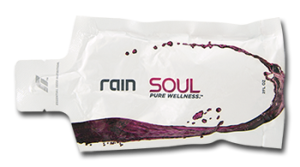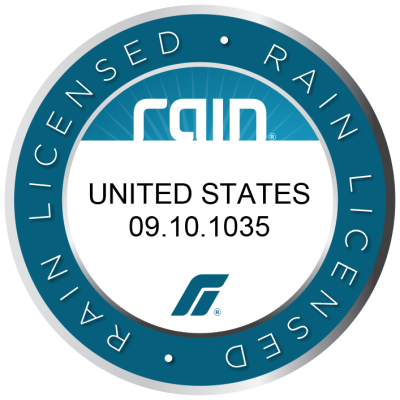How Often Do You Challenge Your Body
In order to improve we need to challenge ourselves
Having challenges involves setting new goals or changing our old goals so that we always have more to do. But how often do you challenge your body? When should you challenge yourself? How do you determine challenge?
Looking at how often we challenge ourselves should depend on how great a challenge we set for ourselves. Pushing ourselves a little bit every day can be good. So can push yourself to the max from time to time. But, if you push yourself to your limits every day, you might not be giving your body enough time to recover.
Challenging Your Muscles
This is especially true for weight lifting and resistance training. When we use our muscles, acids can build up in our blood, which leads to that burning feeling. Muscle fibers can also undergo wear and tear. Both of these things are healthy and normal parts of exercising. But if we don’t give our blood time to flush out that waste, or our muscles enough time to repair those fibers, we can harm our bodies.
The American College of Sports Medicine advises against working out the same muscle group more than three times per week for beginners, four times per week for intermediate athletes, and six times per week for advanced athletes.
While you shouldn’t challenge the same muscle group every day. You can still challenge yourself every day by only working out one or two muscle groups every day and alternating days for each exercise.
The ACSM also has recommendations on how to challenge yourself. With a partner, a coach, or a spotter, find a weight or resistance that only allows you to successfully complete an exercise once. This establishes your “1 Rep Maximum.” As a beginner, you should be lifting no more than 75 percent to 80 percent of your 1 Rep Max, though advanced athletes may go for as much as 80 percent to 100 percent.
Challenging Your Heart
Your biceps aren’t everything anyway. To be completely healthy you also need to exercise muscles that people don’t see like your heart. The American Heart Association recommends half an hour of intermediate cardio five days per week, or half that much time if you’re doing rigorous exercise.
Unlike weight lifting and resistance training, there doesn’t seem to be a point of diminishing returns on aerobic exercise. The National Heart Lung and Blood Institute recommends that for a real challenge you can do as much as 300 minutes of aerobic exercise per week. But also say that “the more active you are the more you will benefit” without placing an upper limit on that claim.
Just like with other muscle groups, there are actually ways to quantify whether or not you’re being challenged. Most of these recommendations involve percentages of your estimated maximum heart rate.
Most of us shouldn’t be going above 80 percent of our maximum heart rate. This is estimated by subtracting your age from 220.
So, if you are thirty years old, your maximum heartrate is probably around 190, so you shouldn’t be doing anything that brings your heartrate above around 150. In order to challenge yourself and get the benefit of exercise, however, you should probably be going above or around 60 percent of your estimated maximum heart rate. For that same thirty-year-old that would be around 114, or roughly twice the average resting heart rate.
There are easier metrics though: If you can sing a song while exercising, you’re probably doing intermediate difficulty or less. If you have trouble talking while exercising, you’re probably doing more rigorous exercise.







